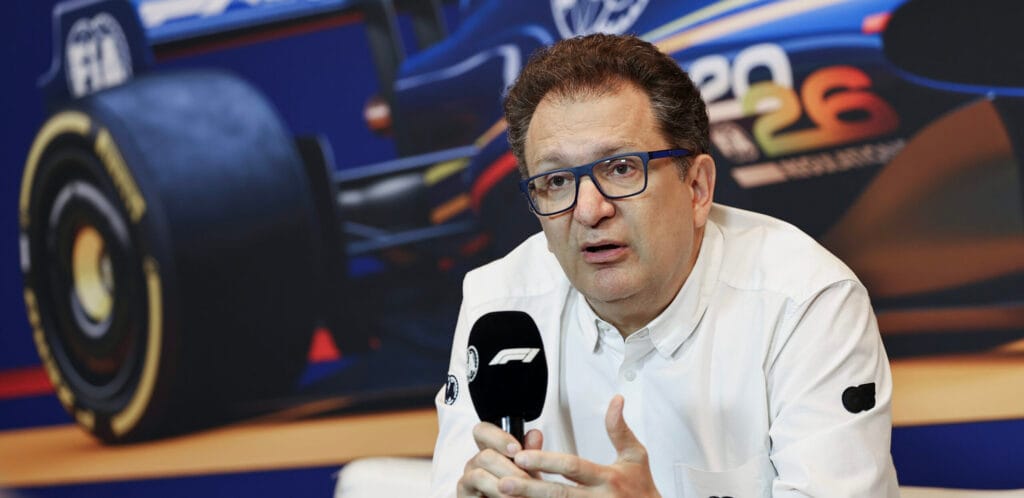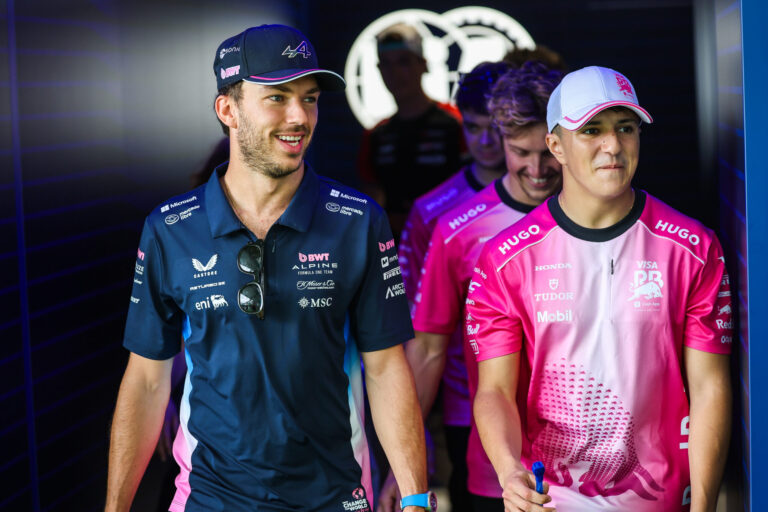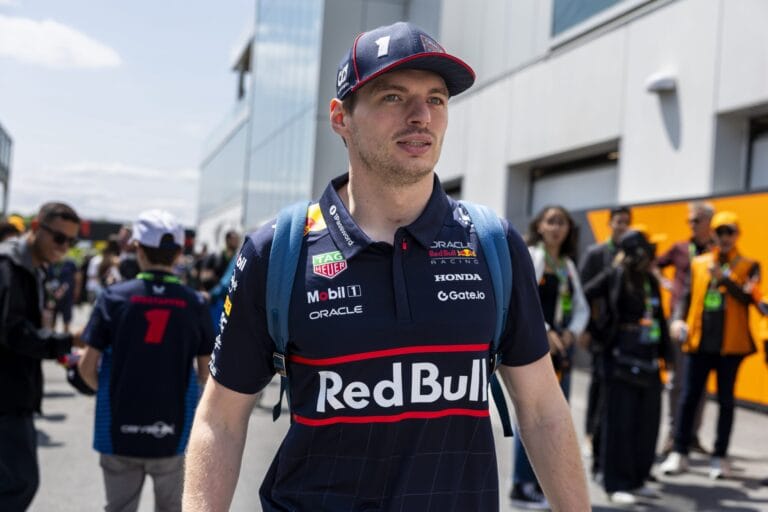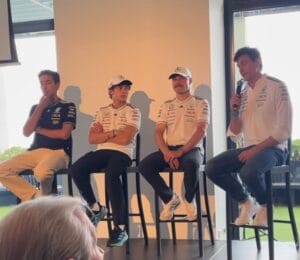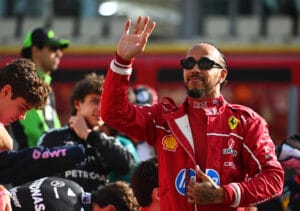Formula 1 is set to transition to a new engine formula by 2026. The hybrid V6 with turbochargers will remain, although power will be evenly distributed between the internal combustion engine and the electric component. Toto Wolff previously stated that cars with this new powertrain could reach top speeds of 400 km/h. However, FIA engineer Nikolas Tombazis, the main person responsible for the new technical regulations, dispels Wolff’s claim.
In just a few months, the first prototypes of the 2026 cars will hit the track. Yet, there is still uncertainty about the implications of the new regulations. Many drivers openly expressed doubts about the handling and weight of the new vehicles. Additionally, there is a lot of uncertainty about the new engines and the potential advantage certain manufacturers may have over their competitors. Toto Wolff appeared quite confident, stating that the new cars could reach top speeds of up to 400 km/h.
Max Verstappen was asked about Wolff’s statements during a press conference. “Maybe Toto’s engine can reach that,” he responded cynically. The Dutchman will rely on a powertrain from Ford and Red Bull Powertrains for the first time next year. The FIA also questions Mercedes’ confidence. “I can assure you that we will not reach speeds of 400 km/h,” said FIA engineer Nikolas Tombazis. “I think it was a light-hearted comment. According to all energy management rules, it is physically and technically impossible.”
Will the Spread Increase?
The FIA anticipates that certain teams will have an advantage over their competitors, while others may fall short. “New regulations initially always lead to a wider spread in the field,” explained Tombazis. “That’s part of the process. In the beginning, performances will also be more variable; as people get to know the new rules, there will be some ups and downs. The FIA does not have access to the teams’ data, but in my opinion, it’s still speculation as to who will do well and who won’t.”
The FIA’s task is to refine the regulations and ensure that the cars ‘feel natural’, Tombazis elaborated. “It’s clear that if you have more electric power, you make the management more complex,” he said. “The task now is to ensure that we don’t overload the drivers with this and that driving skills remain the distinguishing factors.” Tombazis believes it’s quite normal to fear that the cars might be slower next year. “Every new regulation offers slightly less performance than the previous one. The cars naturally get faster each year. If the new regulations also make the cars faster, you can imagine where Formula 1 would be now. If you make that comparison alone, it’s logical that a driver won’t say: ‘Wow, this makes me happy’,” he countered the sceptical comments of some drivers.


